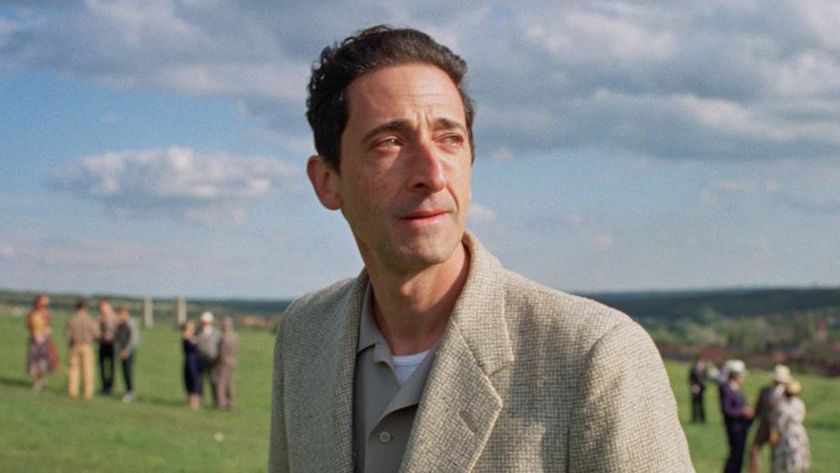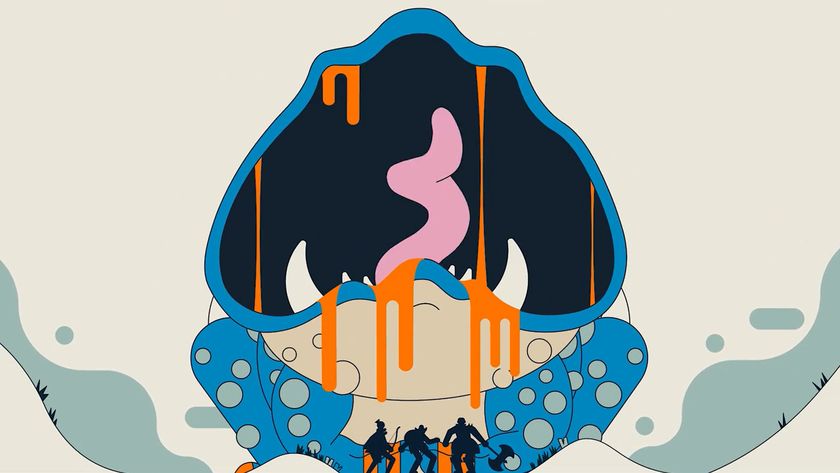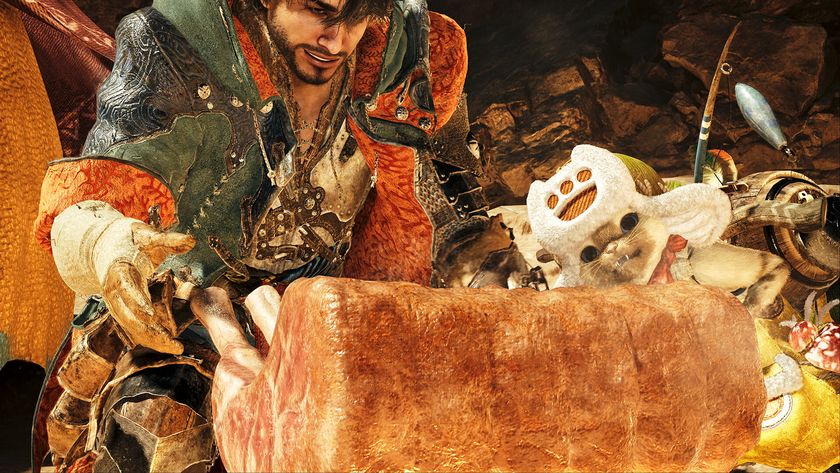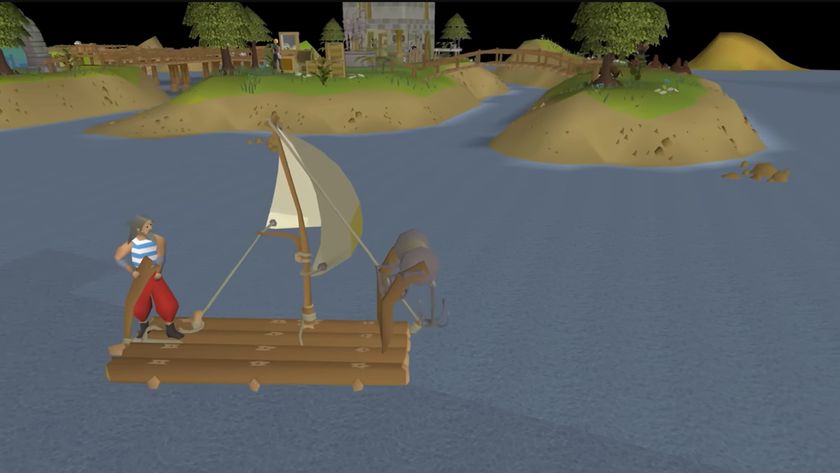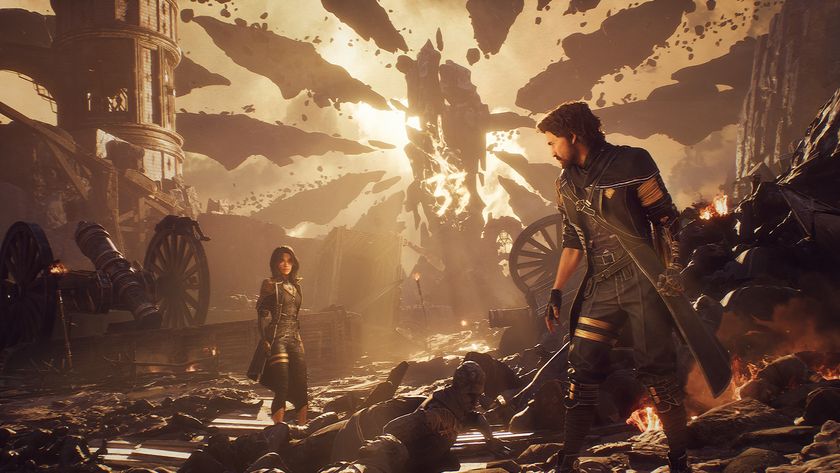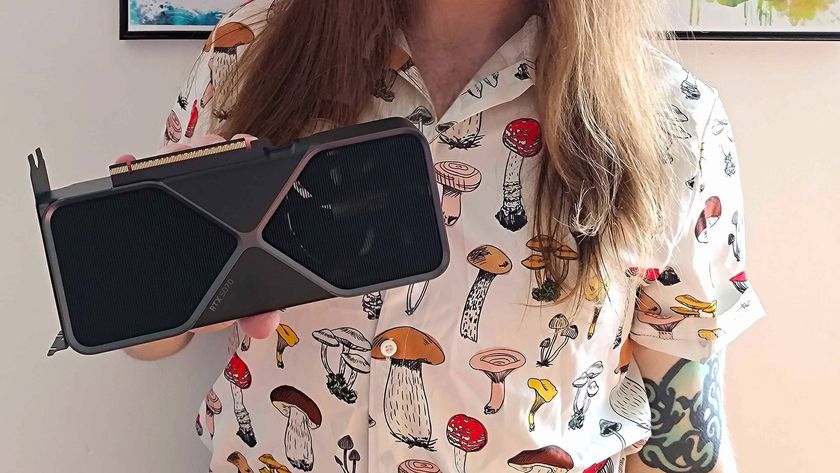How horror gaming's iconic antagonists sow fear through ignorance
Some of gaming's deepest, darkest horrors are also some of the most patient. Whether it's the Alien uncoiling from an air vent or Nemesis crashing through a window, an unstoppable, unknowable beast can be the cornerstone of what makes survival horror so damn horrifying. These immortal stalkers are predators, and you are their prey. They're not bosses in some RPG to be fought at your leisure, nor dexterity challenges to be overcome with practice. They're primal forces, sinister and endless, and the best you can hope for is survival.
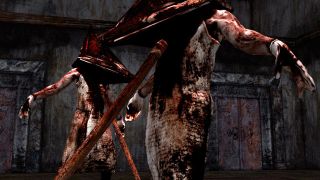
This concept flies in the face of conventional gaming wisdom. From Mario to Kratos, main characters are typically the most powerful and capable beings in their world. Stomping Goombas feels good. Punching Zeus in the face feels even better. Getting your teeth kicked in by Resident Evil 3’s Nemesis is a miserable, humbling experience. Consider your first encounter with this brute: should you decide to fight it you quickly realize this seven-foot super-zombie moves faster, hits harder, and is generally more aggressive than any enemy you’ve encountered. It's your superior in nearly every way.
Only when Jill Valentine (your avatar) gets reduced to a coughing, quivering heap, do you appreciate how Resident Evil 3 has played you. The game butters you up with all these slow, mundane zombies, and then - BAM! - knocks you upside the head with this unexpected boss fight. A boss fight you were probably expecting to win because, hey, it's a video game and that's what bosses are for. Right? Experiencing this sudden change makes Nemesis appear larger than life, and makes you feel very, very small.
After you encounter Nemesis - or any immortal stalker - for the first time, the threat of another attack looms heavy over the rest of your journey. The key word here is 'threat', because once you have them figured out, actually fighting, for example, Pyramid Head isn't all that terrifying. These stalkers are typically slow, awkward, and easy to evade if you keep your wits about you. It's that sense of dread, that threat of encountering them, that's so unsettling.

As they say, knowing is half the battle, but these stalkers won't let you get that far. You don't learn much about Slender Man by constantly running away. This is by design. The less you know about something, the more your mind projects its own fears, assumptions, and insecurities onto it. Your imagination may tell you Slender Man is going to pull your heart out through your nostrils if you get too close, and your rational brain wouldn't have anything to refute it. In order to conquer your fear, you should face it head on, but that simply isn't an option here since doing anything other than running is a Game Over.
Cowardice is exactly what horror games want, and they'll pull out all the stops to make sure they get it. When encountering a stalker, your vision may become wildly distorted (Amnesia: The Dark Descent), or the audio may swell suddenly (Alien: Isolation). Survival horror games are generally played slowly and cautiously, so when you're bombarded with a sudden attack on the senses, your instincts kick in and tell you to book it. This limits your exposure to - and understanding of - the creature. But hey, at least you didn't get your heart yanked through your nose, right?
Haunting Ground, a 2005 survival horror game from Capcom, does an excellent job of bringing all these elements together. If its main character, Fiona, is exposed to enemies for too long, she'll panic (like any normal person would). At its most extreme, panicking causes all the sensory overload effects mentioned, as well as the added bonus of forcing Fiona to run constantly. Should she run into something, Fiona will then tumble over and become easy pickings for her foes. This loss of control expertly conveys a tangible feeling of powerlessness, as your avatar is literally running for her life and there's nothing you can do to help.
Sign up to the 12DOVE Newsletter
Weekly digests, tales from the communities you love, and more

In the aftermath of any stalker attack, paranoia takes hold. The beast lurks in the back of your mind every time you empty a clip or use a health kit, because... what if? What if it's hiding on the other side of that door? What if I need that extra health kit to survive the fight? Just as they haunt your avatars, they also haunt your thoughts. All the fear and tension being stirred up inside you gets channeled into a single, tangible threat: the stalker. They're the bite the follows the game's bark.
An interesting contrast to this minimal-exposure style is Alien: Isolation, which actually encourages you to spend some bonding time with the lone Xenomorph. By empowering Ripley through (slightly) better equipment, you're able to get closer to - and build a more intimate relationship with - the Alien, without making it feel any less terrifying. This is because Isolation knows its main antagonist won't devolve into the pattern-based, exploitable brawls of other stalker encounters. Having the Alien remain a legitimate, unpredictable threat regardless of how prepared you are only emphasizes its status as the ultimate killing machine. So go ahead and take a good, long look (not that it'll do you any good).

All the fear and tension being stirred up inside you gets channeled into a single, tangible threat: the stalker.
Famed horror novelist H.P. Lovecraft once wrote, "The oldest and strongest emotion of mankind is fear, and the oldest and strongest kind of fear is fear of the unknown." Gaming's most memorable stalkers succeed because they do exactly that. They offer a sliver of terror, then let our minds swim in the pool of macabre possibilities that could follow. This takes a great deal of restraint from the developer, but the reward is a truly unsettling experience that will linger in our minds long after any jumps scare or gruesome scenes have faded.
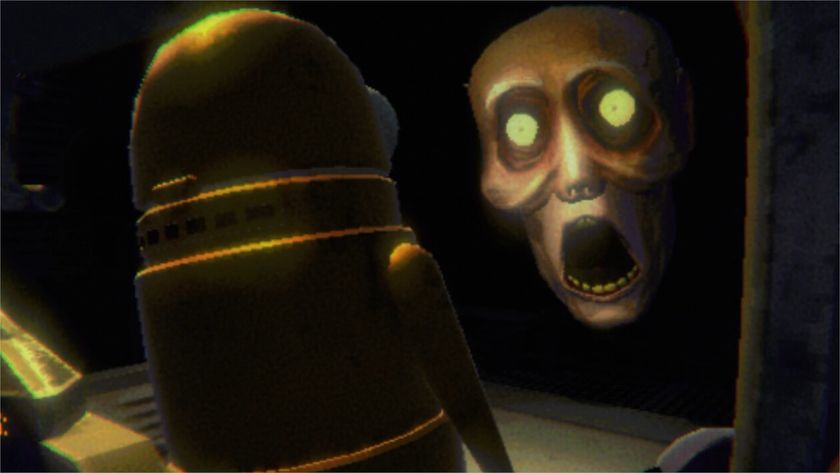
With over 5,000 "overwhelmingly positive" Steam reviews already, a new co-op horror game with the spirit of Lethal Company has officially popped off

Survival horror clatters into soccer royalty as "Silent Hill mixed with FIFA 98" offers up a Steam Next Fest demo that I could never have imagined would work this well

